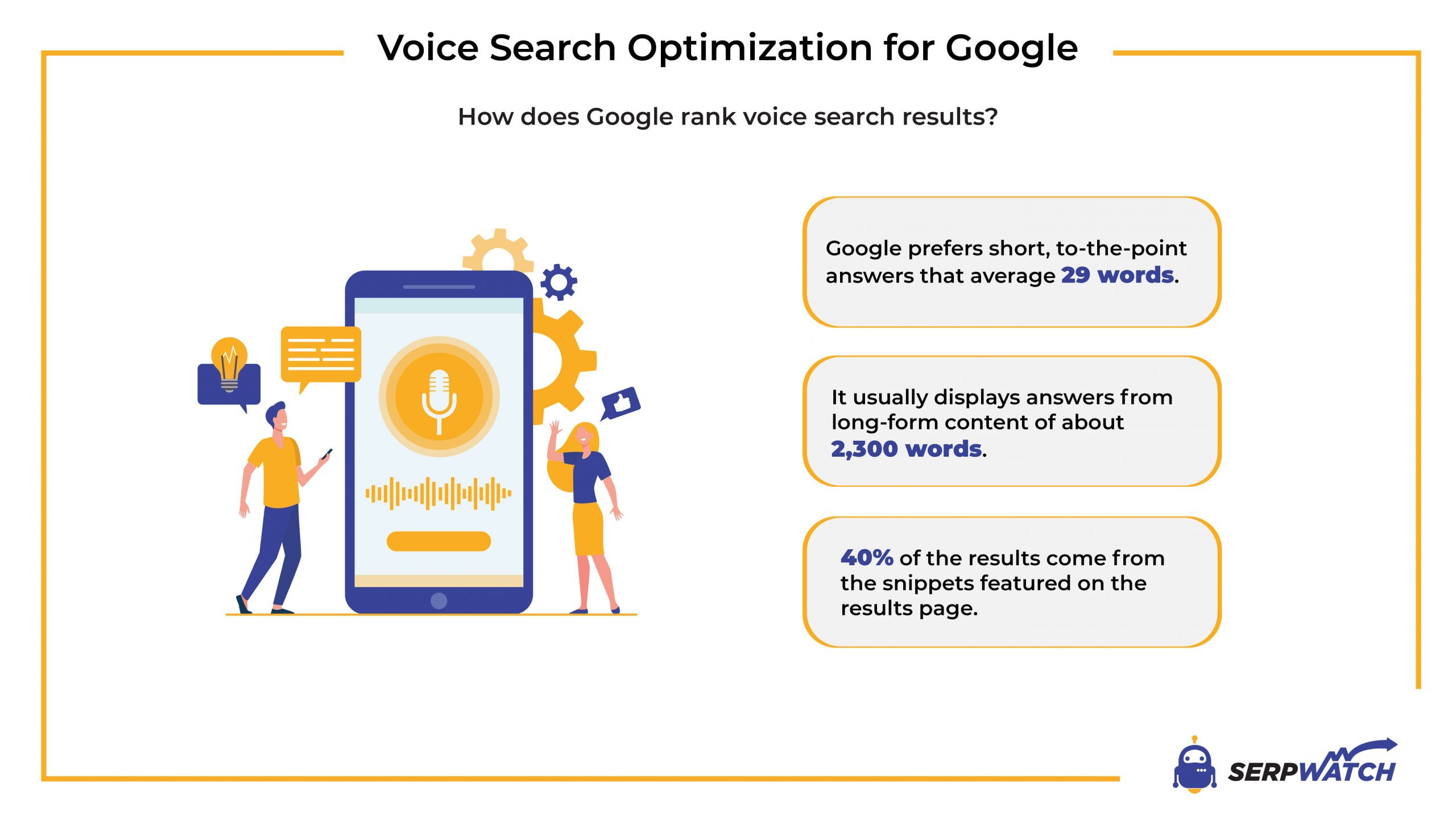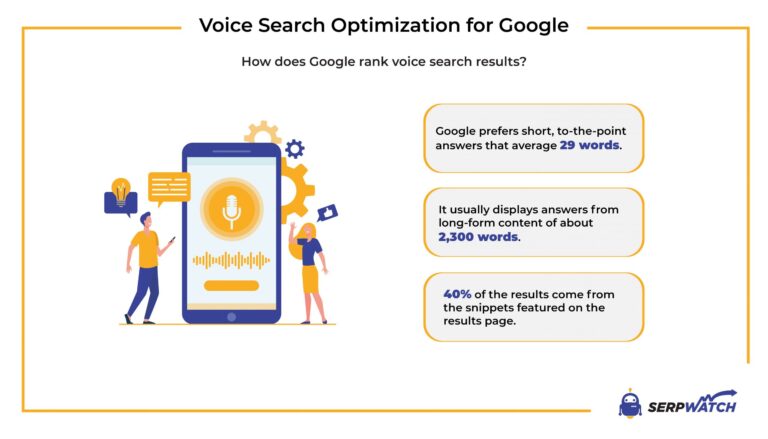In the realm of search engine optimization (SEO), voice search has emerged as a pivotal game-changer. With the increasing prevalence of voice-activated assistants like Google Assistant, Siri, and Alexa, the landscape of search queries and SEO strategies is rapidly evolving. This article delves into the world of voice search optimization, highlighting essential tools and techniques to enhance your website’s visibility and effectiveness in the era of voice search, particularly focusing on Google’s search engine. Seogroupbuy would like to share all information about Voice Search Optimization: Essential SEO Tools in this article so you can grasp all the information. Hope this information will be useful to you

Understanding Voice Search Dynamics
Before diving into optimization tools, it’s crucial to understand how voice search differs from traditional text-based search. Voice searches are generally conversational, longer, and more specific. For instance, while a text search might be “weather New York,” a voice search could be, “What’s the weather like in New York today?”
Keyword Research for Voice Search
The first step in voice search optimization is to refine your keyword strategy. Tools like AnswerThePublic and Google’s Keyword Planner can provide insights into the types of questions and conversational phrases users are employing. Long-tail keywords, which are longer and more specific phrases, play a significant role in voice search.
Optimizing for Local SEO
Voice searches are often local, as people frequently use them to find nearby businesses or services. Tools like Moz Local and Google My Business are essential for optimizing your local SEO. Ensure your business’s name, address, and phone number (NAP) are consistently listed across the web.
Group Buy SEO Tools provides many SEO tools at cheap prices, reputation, and quality. With a complete combo of 100 SEO tools for only $11/month
Creating Voice Search-Friendly Content
Content is king in SEO, and this holds true for voice search optimization. Your content needs to be conversational, direct, and succinct, reflecting the natural speech patterns of users. Tools like Hemingway Editor can help you create easy-to-understand content, which is crucial since voice search results are often read aloud by digital assistants.
Structured Data and Schema Markup
Utilizing Schema markup is another critical step in optimizing for voice search. This involves structuring your website’s data to make it easily understandable for search engines. Tools like Google’s Structured Data Markup Helper can guide you in implementing this effectively.
Improving Website Loading Speed
Voice search, particularly on mobile devices, demands quick loading times. Tools like Google PageSpeed Insights can analyze your website’s performance and suggest optimizations to enhance speed.
Mobile-Friendly Website
Given that most voice searches occur on mobile devices, having a mobile-friendly website is non-negotiable. Google’s Mobile-Friendly Test can help you determine how well your site performs on mobile devices.
Utilizing Google’s Voice Search for Insights
Google’s own tools, like Search Console, can provide valuable insights into how users are finding your website, including data on voice search queries. Analyzing this data can help you fine-tune your voice search optimization strategies.
Voice Search and Featured Snippets
Aiming for featured snippets, also known as position zero, is crucial in voice search SEO. Tools like SEMrush and Ahrefs can help identify opportunities for featured snippets. Remember, voice assistants often read out the featured snippet in response to a query.
FAQs and Conversational AI
Incorporating a Frequently Asked Questions (FAQ) section on your website can effectively address common voice queries. Additionally, using conversational AI tools like Chatbot can enhance user engagement, simulating a voice search experience.
Continuous Learning and Adaptation
Voice search optimization is not a one-time task but a continuous process. Tools like Google Analytics and BuzzSumo can help track your performance and understand content trends, respectively. Keeping abreast of the latest SEO trends and tools is vital for staying ahead in the voice search domain.
Conclusion
In conclusion, optimizing for voice search is an essential aspect of modern SEO strategies, especially for success on Google. By understanding the nuances of voice queries, leveraging the right tools, and continuously adapting to new trends and technologies, businesses can significantly enhance their online presence and reach. Voice search is not just the future; it’s the present, and the time to optimize for it is now.
